Dhaka, July 21 (V7N) — Bangladesh's Environment, Forest and Climate Change Adviser Syeda Rizwana Hasan has called for calm regarding the anticipated 35% countervailing duty on exports to the United States, set to be effective from August 1 under the new Trump administration’s trade policy.
Speaking as the chief guest at a policy dialogue organized by the American Chamber of Commerce in Bangladesh (AmCham) on Sunday, Hasan urged businesses and stakeholders not to panic. “There is no need to spread unnecessary alarm. The government is taking all necessary steps,” she said at the event, which focused on sustainable investment strategies.
Referring to the 2013 Rana Plaza tragedy, Hasan drew parallels to past fears around the collapse of the garment sector. “Many feared the worst back then, but through joint efforts of the government and industry, we recovered. Similarly, if we act together now, we can overcome this challenge too,” she stated.
The adviser emphasized that Bangladesh’s textile sector has already seen significant sustainable investments, including technologies that reduce water consumption. She revealed that the government is currently drafting a policy to gradually end free use of groundwater by industries, encouraging responsible consumption.
Hasan also highlighted the government’s energy mix goals, stating that all government buildings have been directed to install solar panels. “We aim to ensure that by 2030, at least 30% of the energy used in production comes from renewable sources,” she added.
The event featured sector-specific presentations on sustainability, including garments, energy, and tobacco. Fahmi Mohsin, Chief Transformation Officer at Recovery Group, presented on the garment industry’s sustainable practices. Chevron Bangladesh’s Director Imrul Kabir spoke on energy sector investments, while Rezwanur Rahman Mahmud of Philip Morris Group addressed the tobacco sector’s path toward sustainability.
Responding to a question about the tannery industry, Hasan acknowledged shared accountability, noting both government investment and industry-level demands that failed to meet sustainability targets. “A fresh review of the leather sector is now underway,” she said.
AmCham President Syed Ershad Ahmed added that constructive dialogue with U.S. trade officials may open room for negotiation and possible tariff concessions.
The event underscores Bangladesh's evolving approach to environmentally conscious growth as the country navigates global trade pressures and shifts toward sustainable industrial development.
END/MRB/SMA/



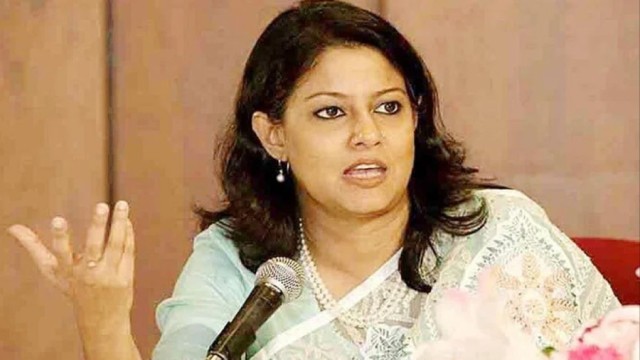
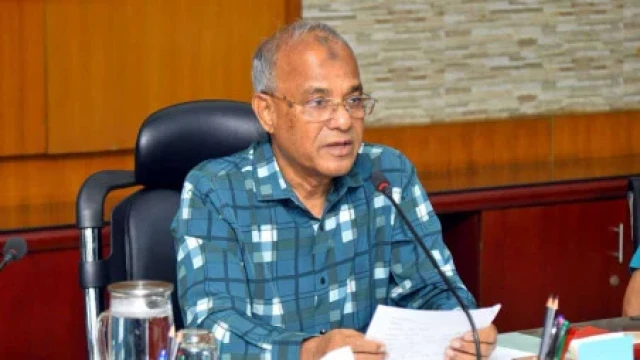
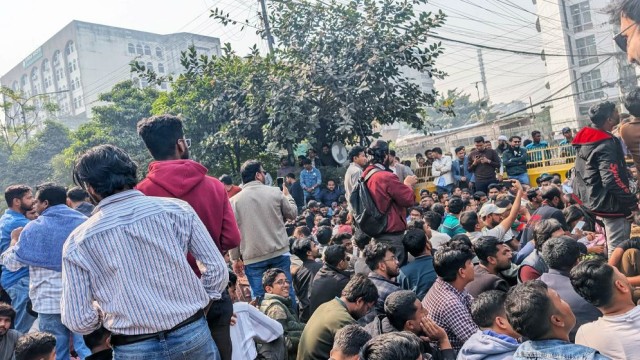

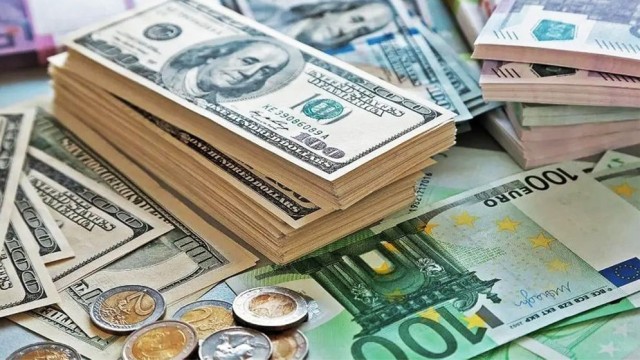
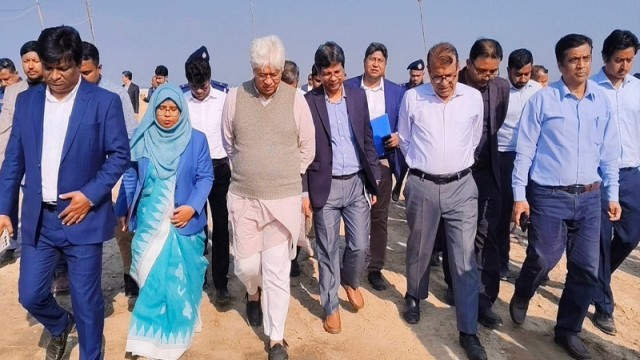
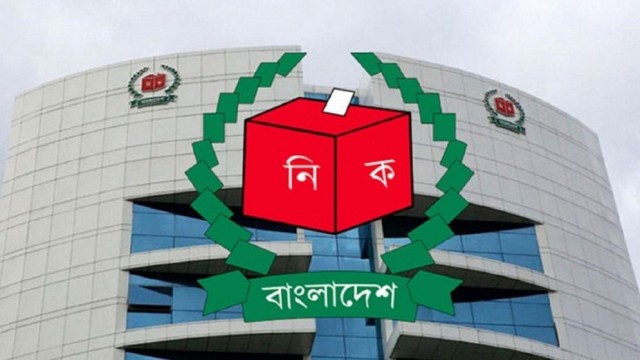

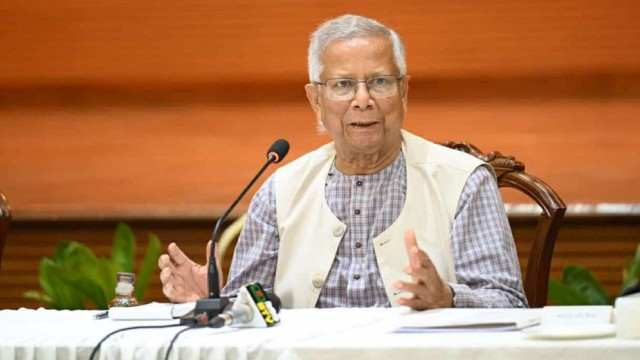
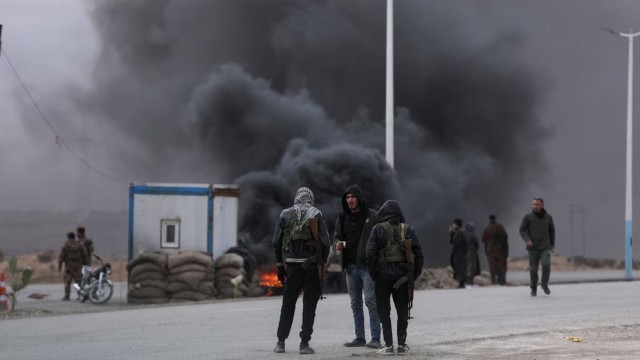

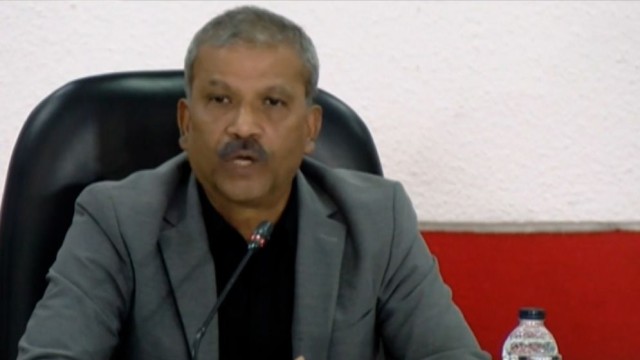
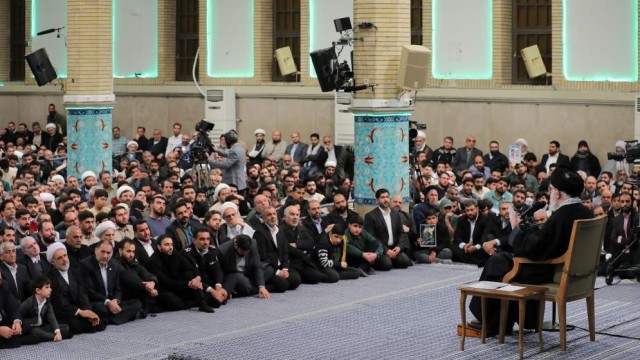





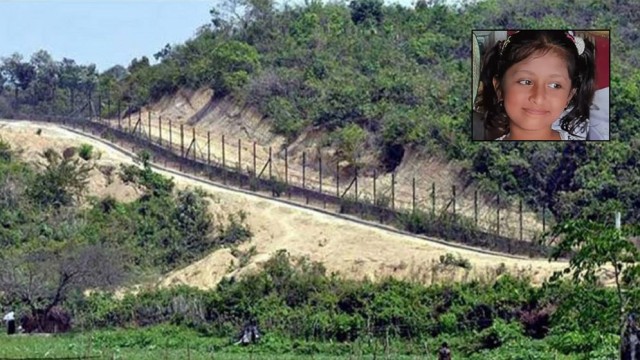


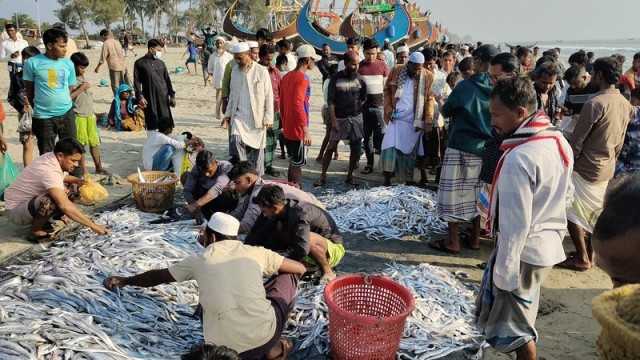
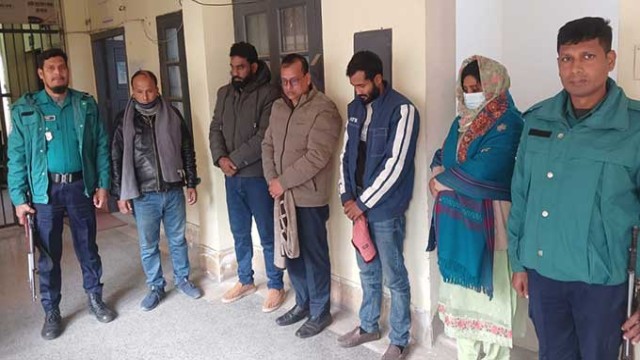

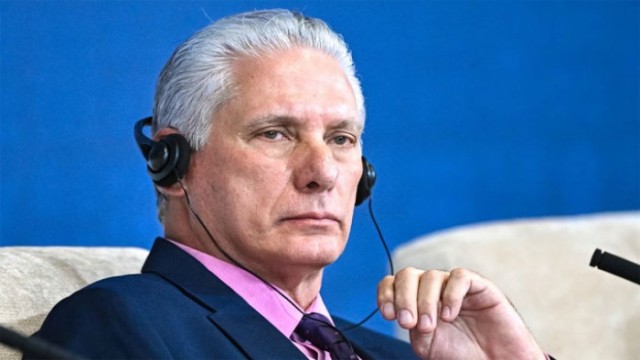

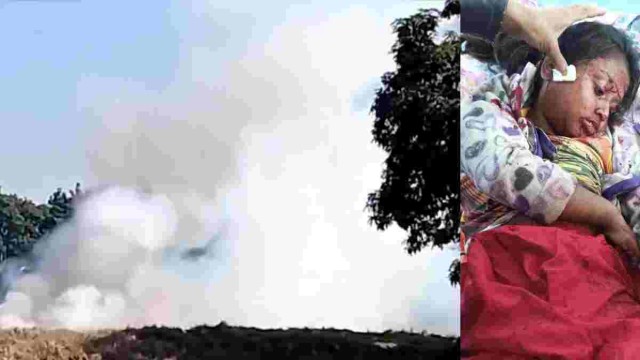
Comment: